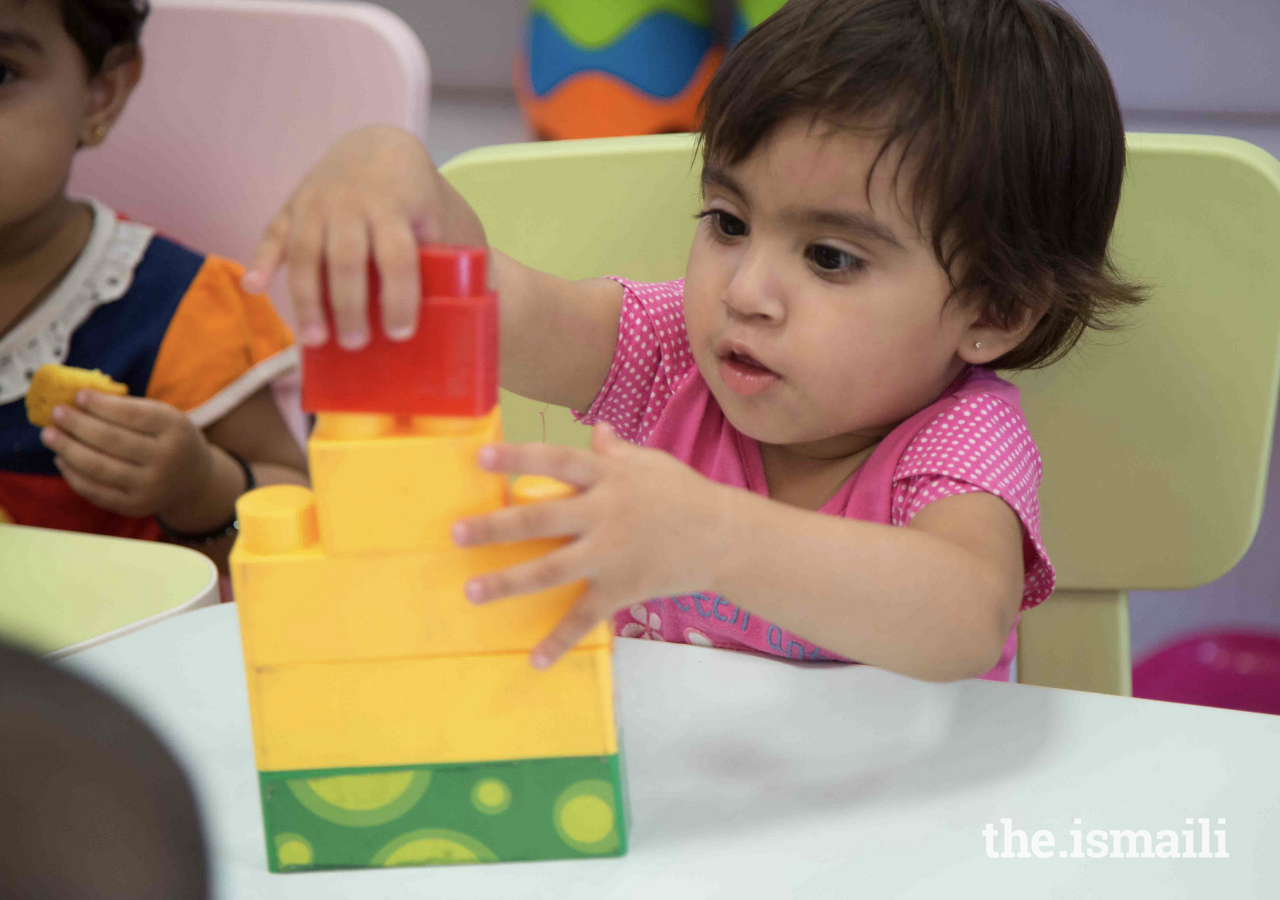The Prophet Muhammad (peace be upon him and his family) is reported to have said that, “Seeking knowledge is the duty of every Muslim, male or female.” Learning is the cornerstone of our identity because it provides the power to ask and seek answers to questions about human existence, and enables an understanding of the concepts of truth, reality, and justice. Alongside promoting curiosity, it is important that education is morally grounded in order to strengthen our identity as Muslims.
Given that Islam promotes education as a means of understanding our relationship to Allah and our fellow beings, it comes as no surprise that Mawlana Hazar Imam focuses on the need for quality education which equips students with ethical literacy. This ethical lens combined with compassion, in turn, forms the foundation of civil society — paramount in the improvement of the quality of life of people across the globe, especially in Africa and Asia.
In recent years, the world has faced a great deal of change, impacting overall quality of life. Through it all, the Jamat has been provided with the tools through which we are able to remain standing firm through periods of turmoil. As stated in the vision of the Aga Khan Academies, “The best way to manage change, whether positive or negative, is to prepare for it and that there is no greater form of preparation for change than investments in education.”
Mawlana Hazar Imam ensures quality educational development in the Jamat by guiding endeavours of the Aga Khan Education Boards (AKEBs), tasked with promoting quality education from Early Childhood Development (ECD) to Continued Learning, and every stage in between. In Pakistan, one such AKEB programme focused specifically on ECD is the Parwaaz programme.
Initiated in 2014, Parwaaz is an innovative caregiver-based ECD programme, developed in collaboration with ITREBs and AKDN institutions. It aims to reach all Ismaili children in the country between the ages of six months and three years. Through engaging children and caregivers in activities, Parwaaz seeks to strengthen a child’s bond with their caregiver and allows for a space to support their social, cognitive, emotional, psychological, and spiritual development. The involvement of caregivers is imperative to help impart a sense of self-worth, identity, and enthusiasm for learning in children.
The need for the Parwaaz programme stems from evidence in the fields of physiology, health, sociology, psychology, and education. Researchers have proven that the first five years of a child’s life are the most crucial in terms of rapid learning and brain development, alongside personality and social behaviour development. The United Nations Sustainable Development Goals for 2030 also include Early Childhood Development as it directly impacts seven other goals, namely poverty eradication, ending hunger and improving nutrition, ensuring healthy lives, achieving gender equality, reducing socio-economic inequalities, promoting peaceful societies, and strengthening civil society.
Since the time of Prophet Muhammad, learning centres allowed Muslims to enhance the understanding of their faith and its practice. As Mawlana Hazar Imam noted in 2008 in Bangladesh, “The roots we inherit from our history – linking us to a particular past – are a great source of strength and joy and inspiration. And a sound educational system should help nourish those roots.” Thus, through activities such as storytelling and singing, the Parwaaz programme imparts the values and ethics of our faith through play and fun. In this way, it is designed to be at the nexus of education and faith - a connection that the Imam has shown deep concern for time and again. Through simple play activities, young children develop fine motor skills, reading and writing skills, and the basic tenets of identity.
Caregivers in the Parwaaz programme have observed that storytelling activities have developed their children’s language skills and confidence in communicating with others. Additionally, the programme has provided parents and grandparents with the age-appropriate tools required to teach children about science, society, ethics, and faith.
The programme is one step in the right direction towards bettering the Jamat’s quality of life, and nourishing the foundational roots of a robust knowledge society.








